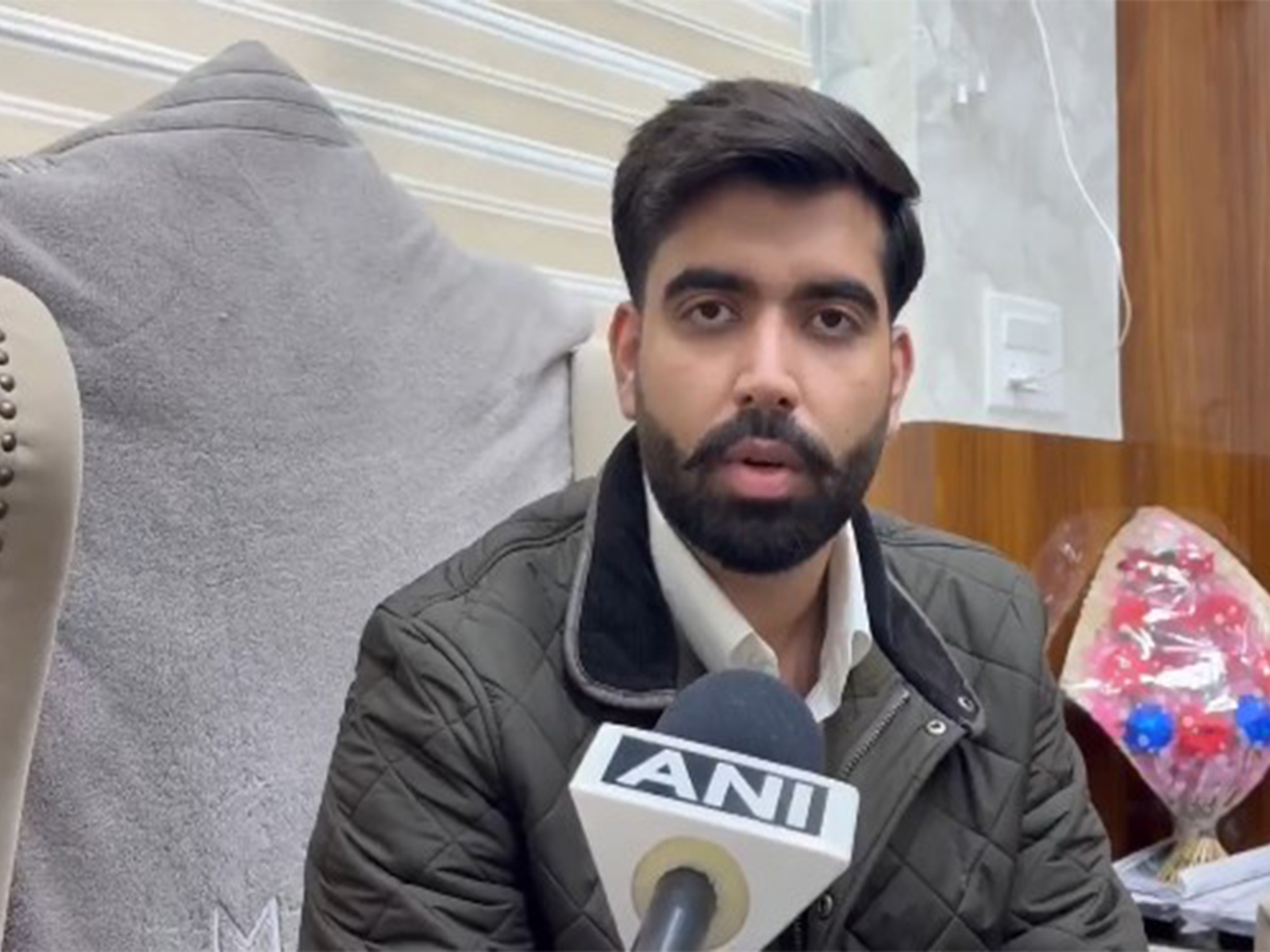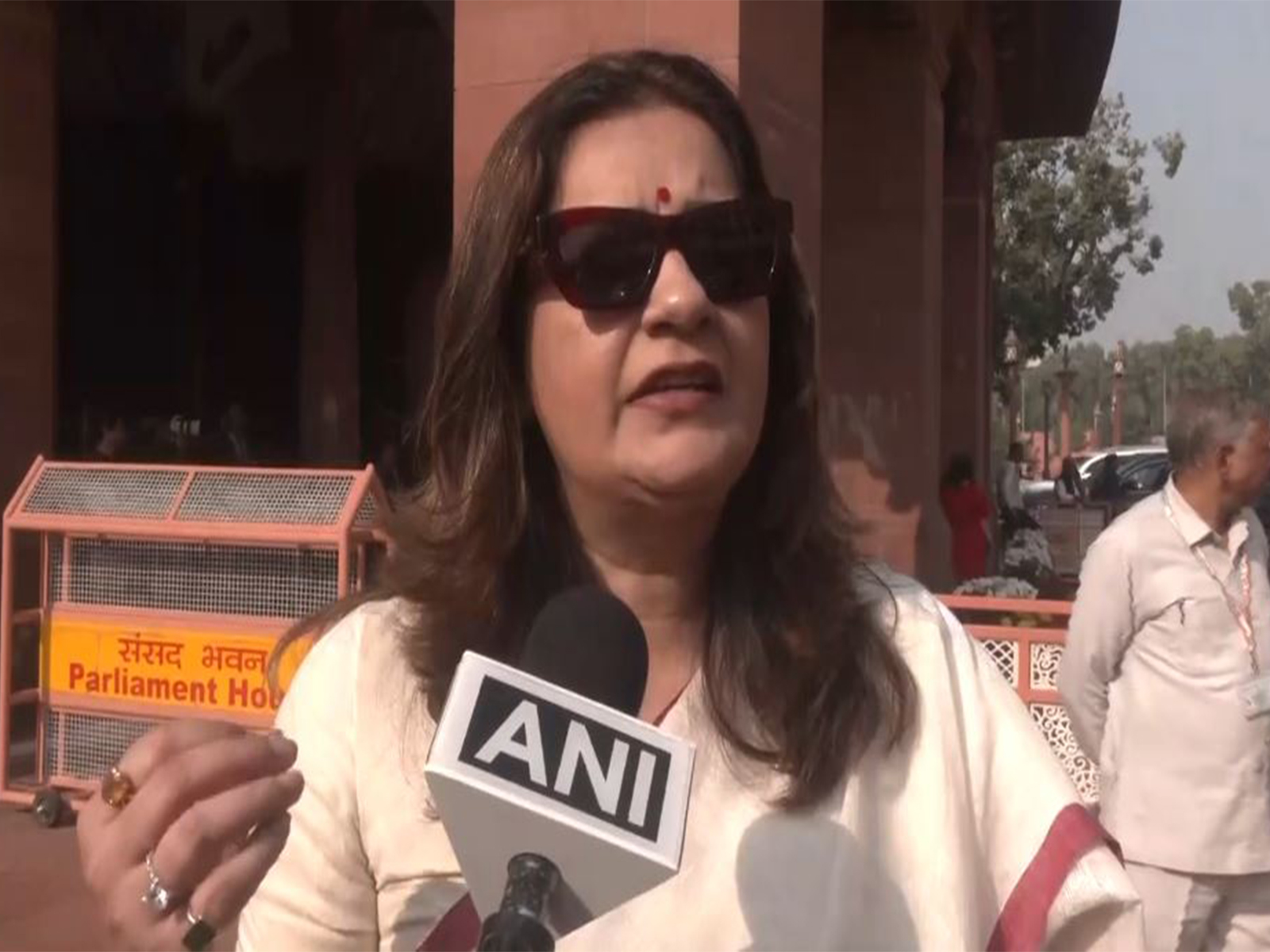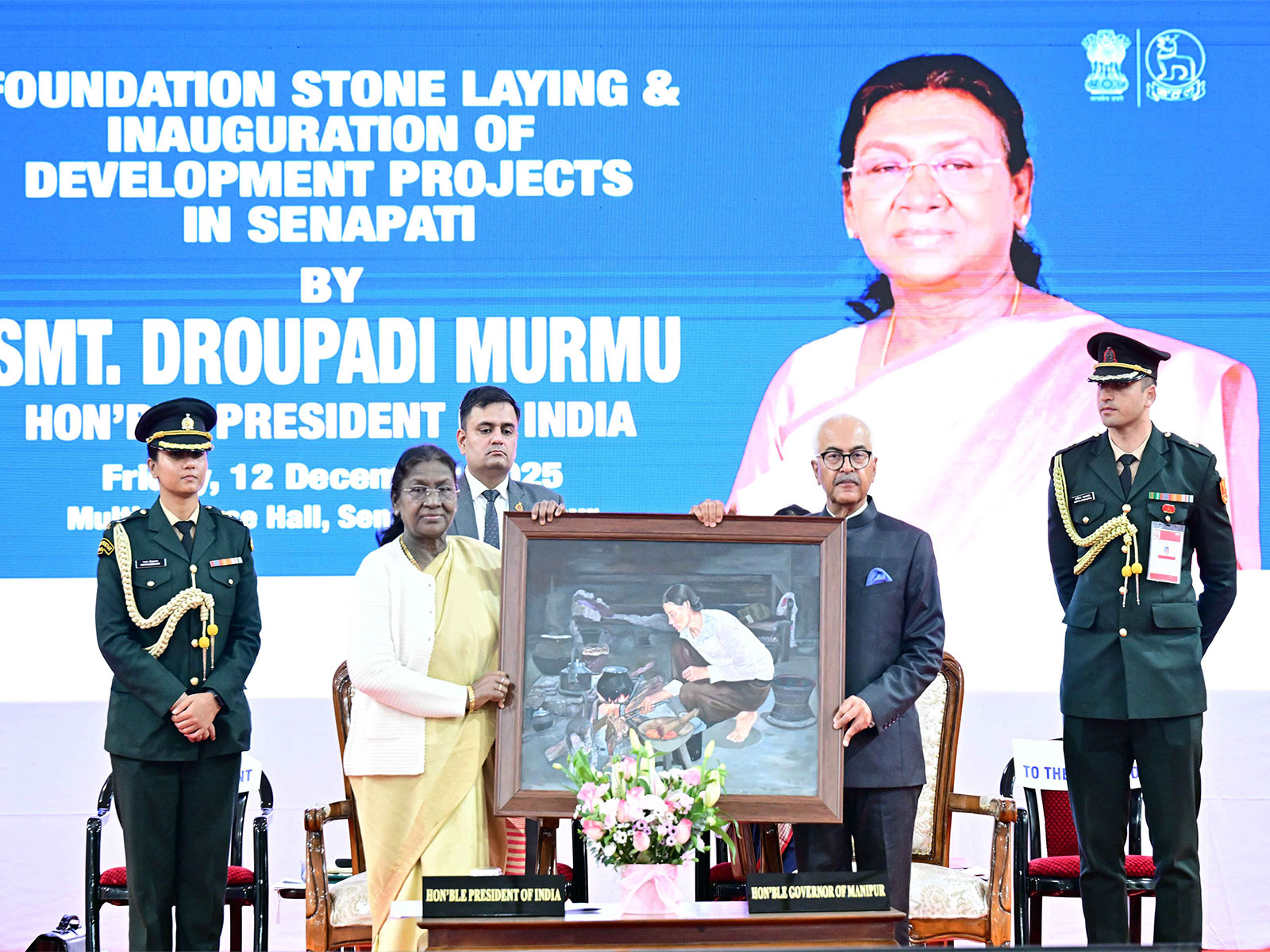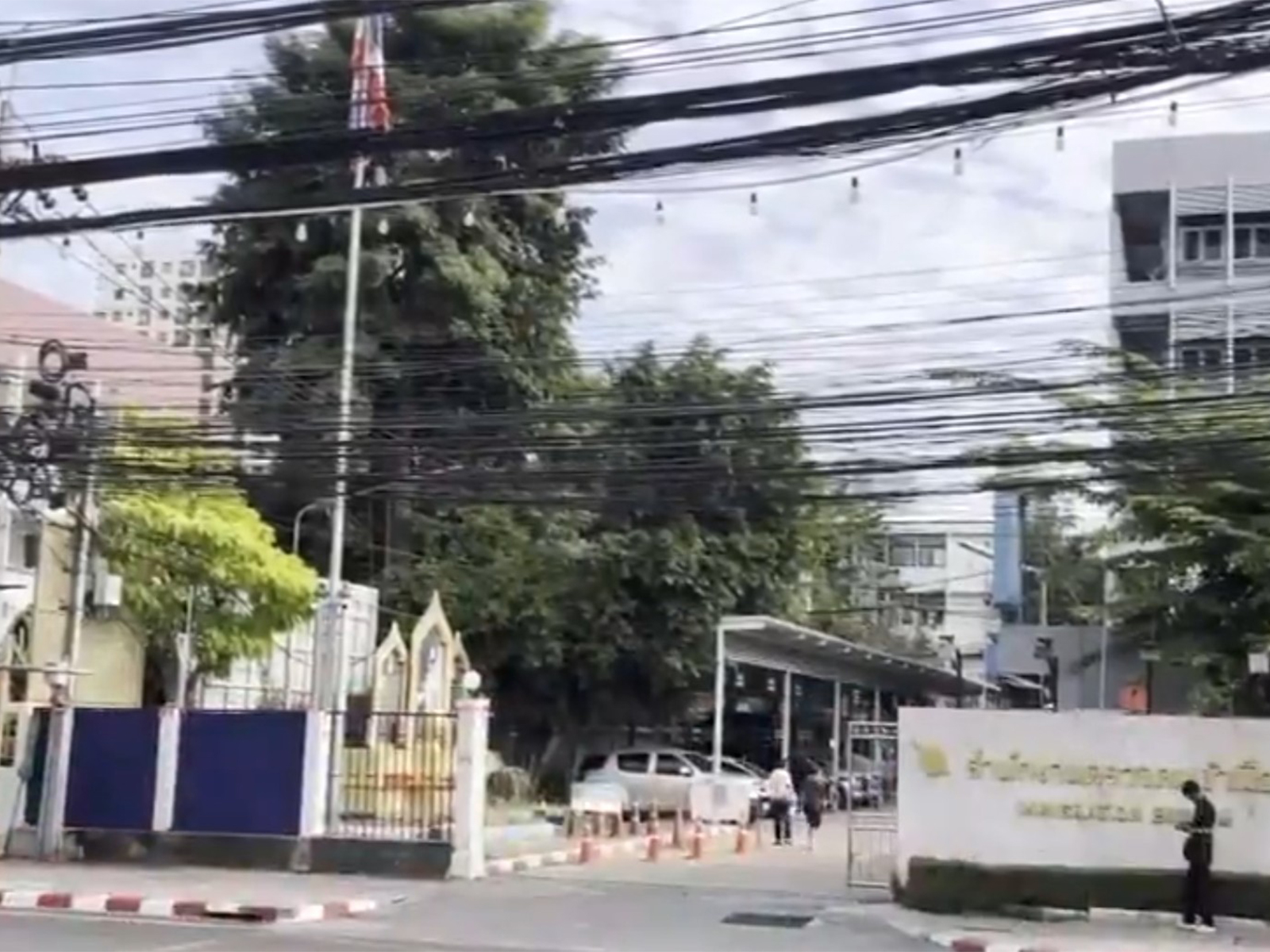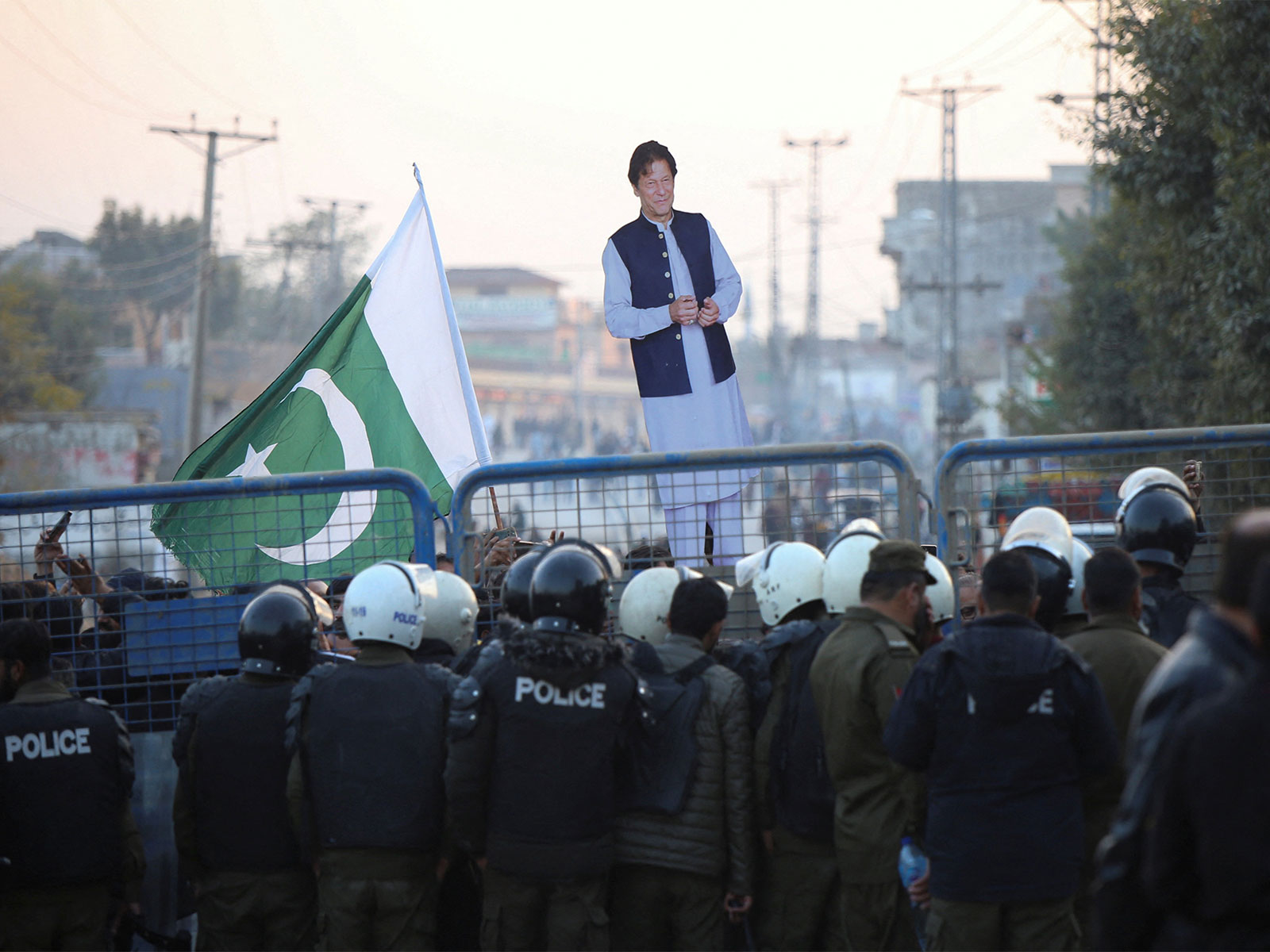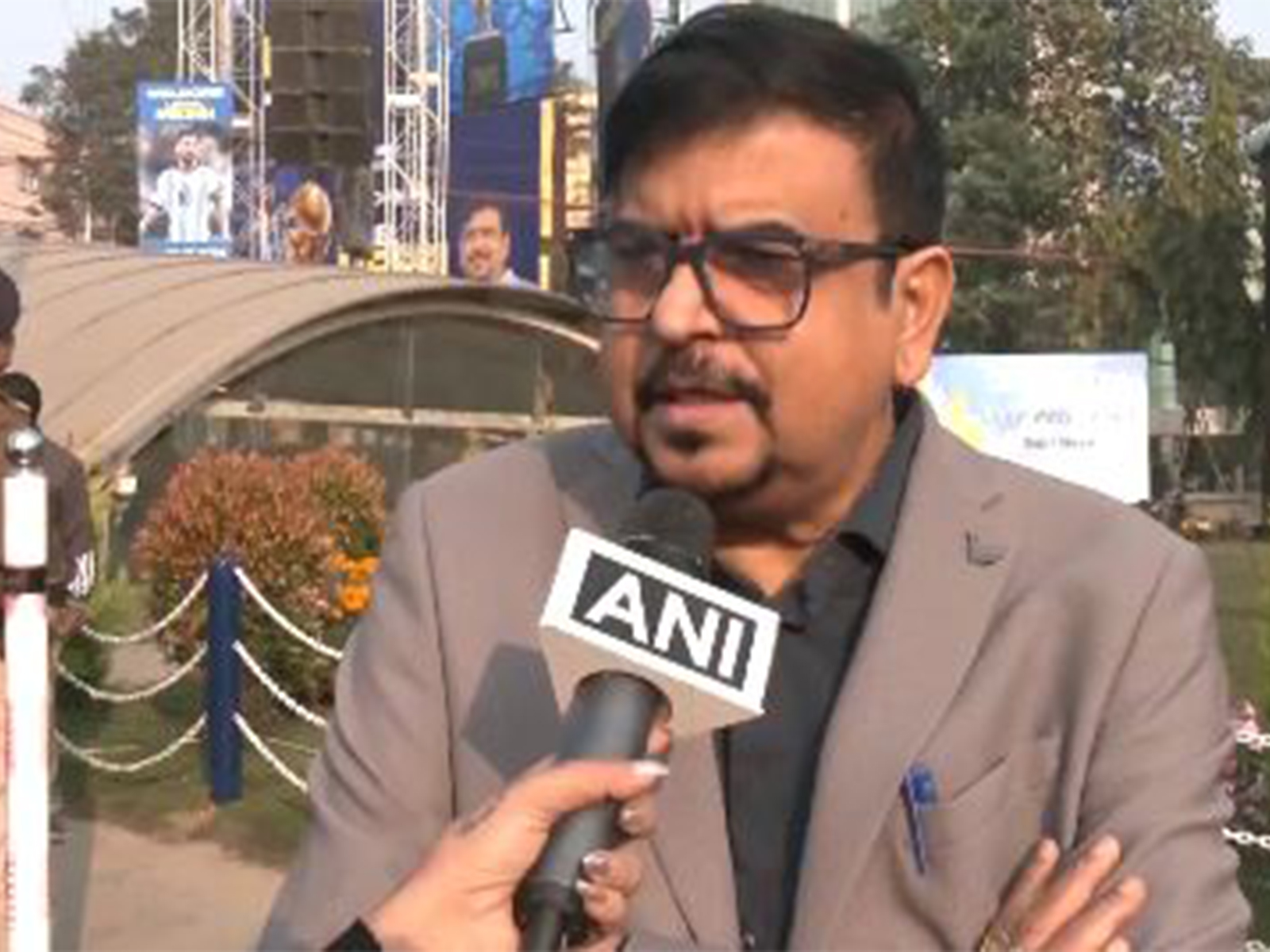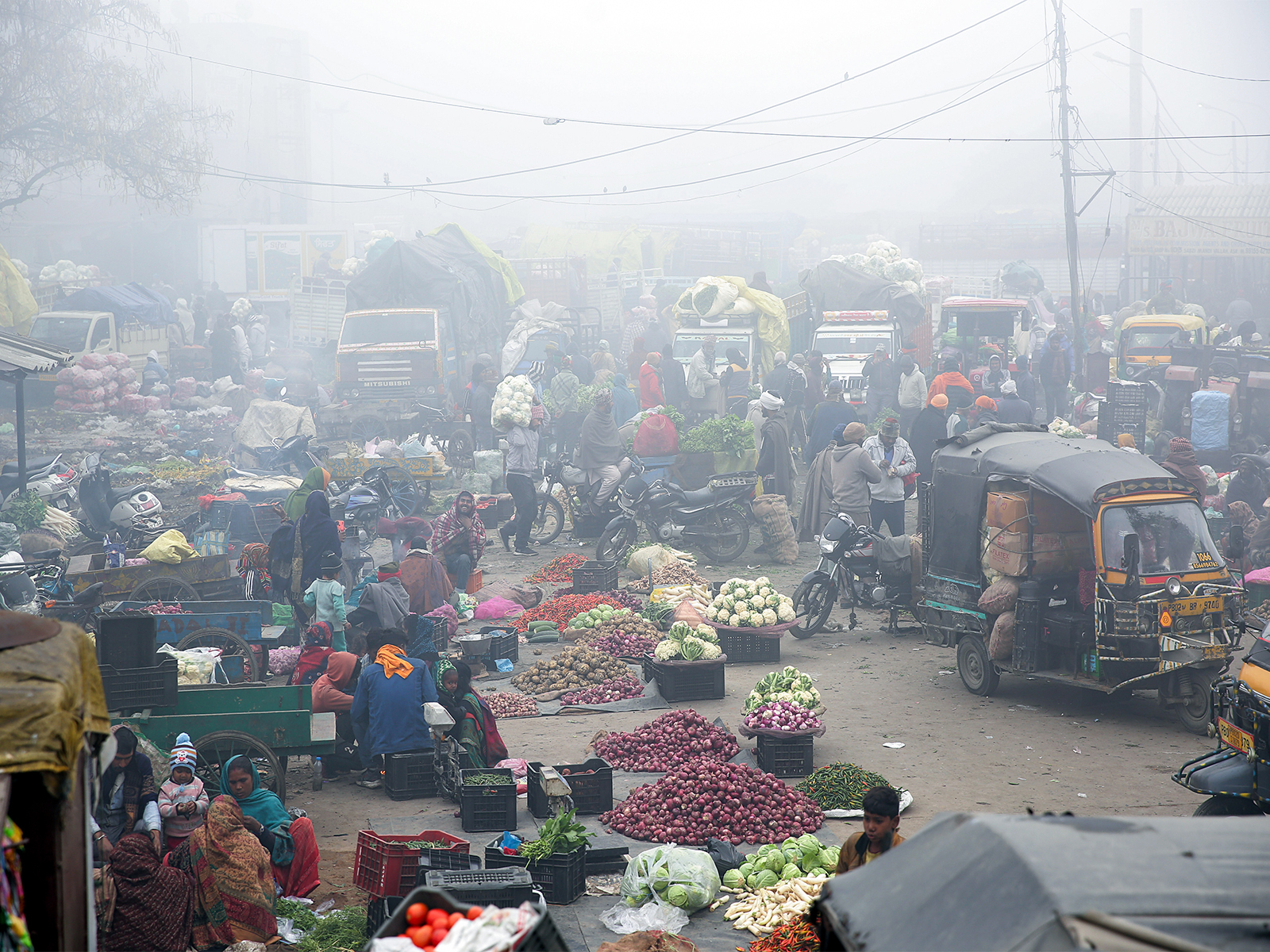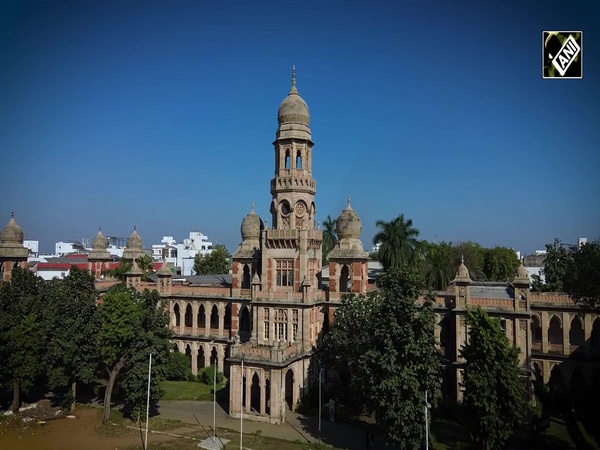Malayalam news channel moves Supreme Court challenging Kerala High Court order upholding Centre's order to revoke its license
Mar 02, 2022

New Delhi [India], March 2 : Malayalam news channel named 'Media One' has moved Supreme Court challenging the Kerala High Court order which upheld the order of the Ministry of Information and Broadcasting to revoke the license of the news channel.
In the Special Leave Petition preferred by Media one, the channel said that it has filed the petition under dire and compelling circumstances. The petition also said that it raises seminal questions of law impinging upon the fundamental right to freedom of speech and expression as well as the importance of an independent, free and unbiased press guaranteed by the Constitution.
The Kerala High Court on February 8, 2022, upheld the order of the Ministry of Information and Broadcasting to revoke the license of a Malayalam news channel named 'Media One' from the list of permitted news channels citing security reasons. The Court dismissed petitions filed by the 'Media One' channel against the government order.
While dismissing the writ petition challenging the order of the Ministry of Information and Broadcasting, the Kerala High Court made it clear that principles of natural justice and interference by court in cases of national security have a very limited role.
While rejecting the pleas of the petitioner to keep the judgement in abeyance for two days, the Court replied, "I cannot extend it even for an hour."
Single Bench of Justice N Nagaresh further observed in the order that "national security is considered as one of the most important sovereign functions for long. It is clear that principles of natural justice and interference by courts in cases of national security have a very limited role. The need for citizens to live in a secured nation has made national security the most significant function of any state.
The committee of officers noted that the adverse inputs given by the intelligence wing against the company are serious in nature. This court finds that the recommendation of the council is justified by supporting materials. This court is not inclined to interfere with the denial of renewal of the petitioner's license. They fail and are accordingly dismissed.
The contention of the petitioner cannot be accepted. The right under Article 19 (1) has certain exceptions which empower the state to impose reasonable restrictions.
The action of the State must be a reasonable restriction, must be in furtherance of sovereignty and integrity, security, friendly relations with foreign nations, public order, decency, contempt, defamation. The imposition of restrictions is reasonable.
The concept of good governance takes within its ambit a secured state. Ensuring national security involves preempting possibilities that could cause insecurity.
"Broadcasting in India is considered an integral part of the freedom of speech and expression. Uplinking and downlinking of channels in India are governed by the policy guidelines of the Information and Broadcasting ministry. It is clear from the policy guidelines that at the time of considering the renewal of application of the existing holder certain terms and conditions are applicable. In the case of renewal applications for downlinking also, security clearance is mandatory. The contention of the petitioners that security clearance is a one-time affair cannot be accepted," ruled the Court in its order.
